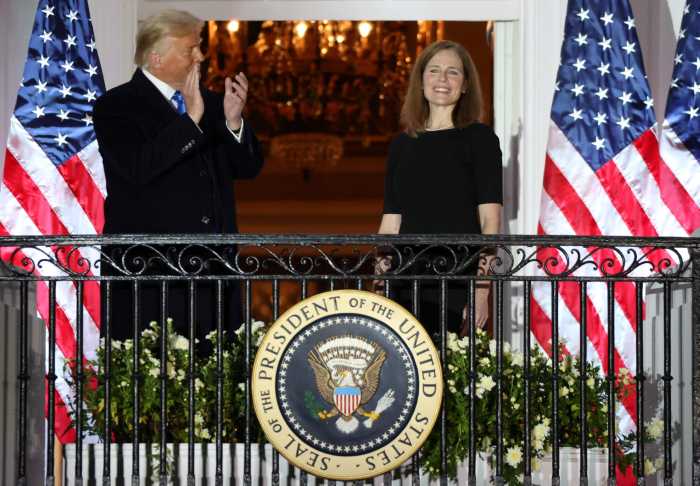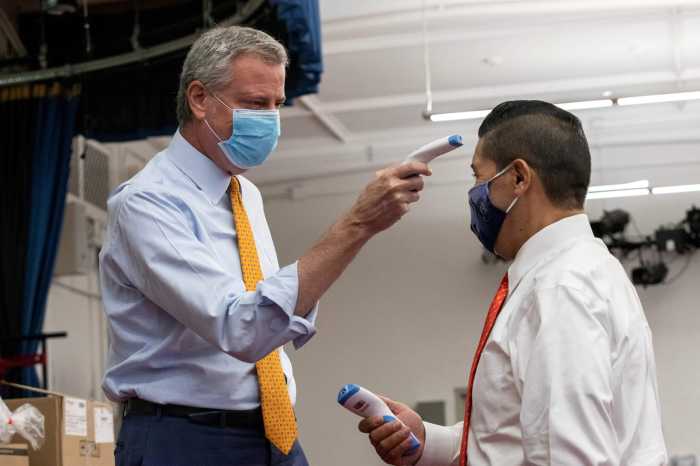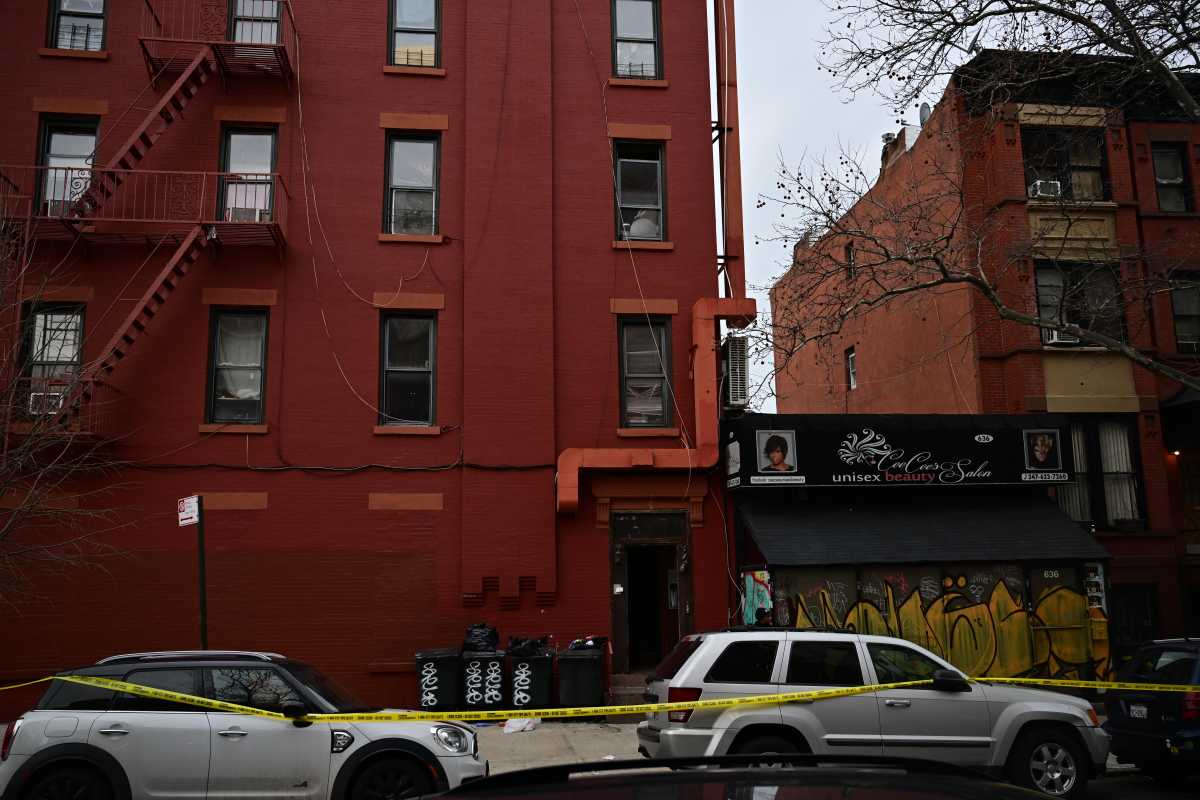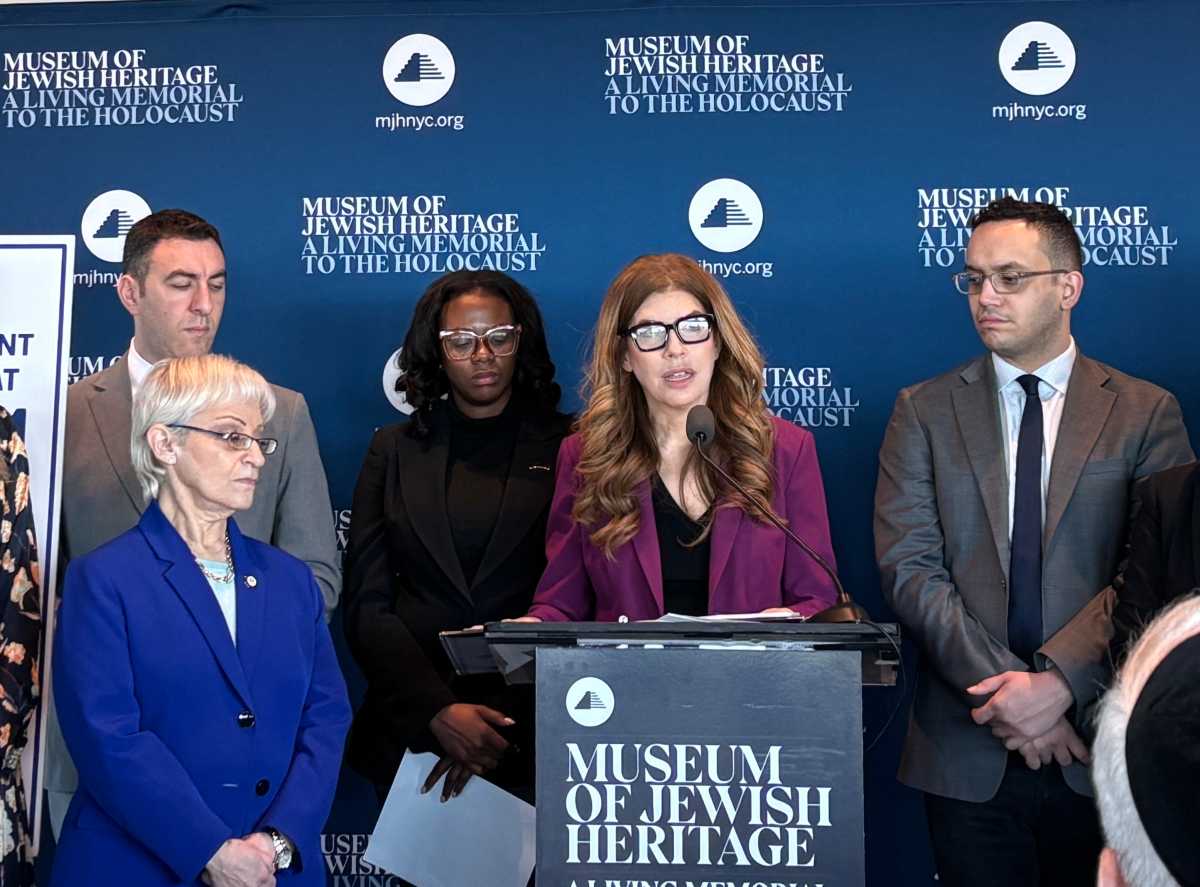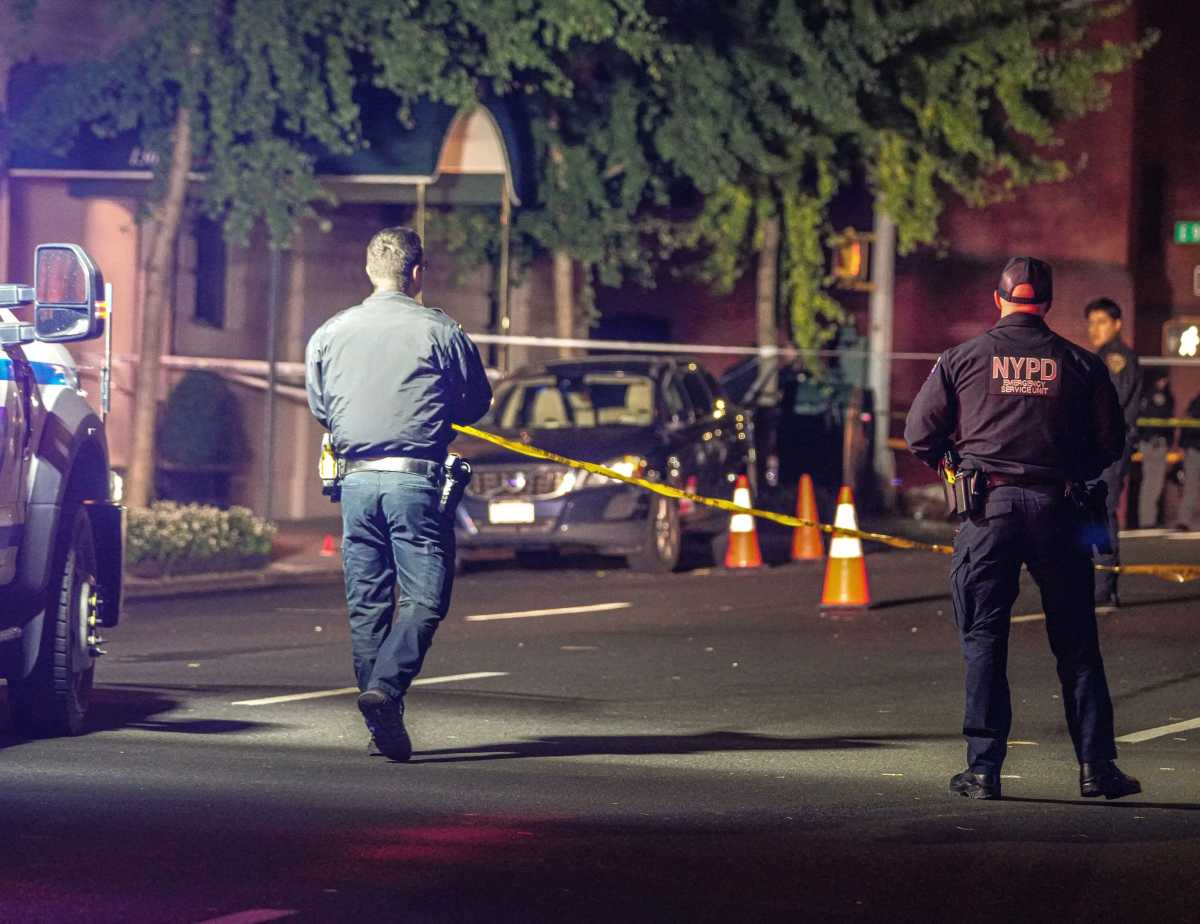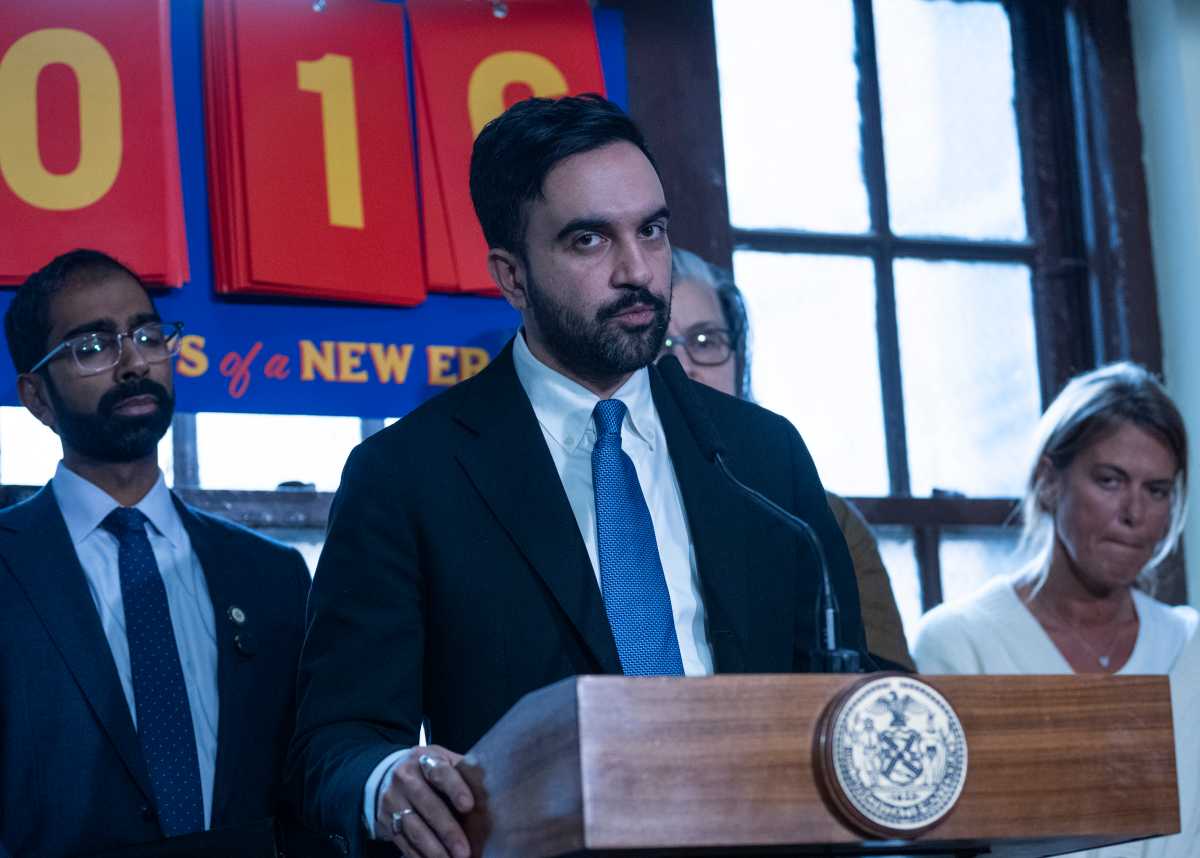We are in the final week of petitioning in New York politics. Last year, I wrote a column about the petitioning process, how petitioning during a pandemic is dangerous — but also that New York’s ballot access laws are terrible and pointless all the time.
That column was written maybe a month before it started to become clear to me that our state’s dumb petitioning process would make me the only politician to lose his position (district leader) during a pandemic without doing anything wrong or facing the voters.
This year’s petitioning is going a lot like last year’s. One candidate for mayor — a retired brigadier general named Loree Sutton who appeared to be in about ninth or tenth place out of the several dozen running — dropped out rather than face petitioning. At least four other candidates — Lincoln Restler and Amoy Barnes for City Council, Jimmy Van Bramer for Queens Borough President, and Liz Crotty for Manhattan District Attorney — appear to have already caught coronavirus from petitioning. That number will almost certainly climb as there are literally hundreds of campaigns petitioning, most of whom are lower profile than those four.
Almost all of the major campaigns for mayor — the ones with the resources and know-how to devote to the sort of line-by-line research required to knock opponents off the ballot — have pledged not to challenge their opponents petitions this year. I believe that Ray McGuire is the only major candidate not to have pledged so, but if anyone big does ends up challenging petitions, I will surely write about it again in this space.
The petitioning process was always grossly unfair. I once could prove that the campaign manager for a member of Congress witnessed an assembly member’s partner forging his signature on the congress member’s petitions. For a normal person’s campaign, this would be called “permeating fraud” and knock you off the ballot, but it was clear that no one was going to end a congress member’s career over that.
May I remind you that my career ended over less?
These ballot access hurdles are good for incumbents generally, because incumbents have established patronage networks and know the insider information of petitioning. But the hurdles also paradoxically help hide how absurd our electoral process is.
Most of the people running for mayor, most of the people running for city council, most of the people running for borough president have no chance of winning their elections. It is necessary that large hurdles be placed in front of them before they are given large five and six figure sums of public campaign money. But these hurdles are not necessary for ballot access, because the cost to us is not nearly so high.
Nevertheless, the small campaigns will focus their efforts on clearing these twin hurdles, never seeing their whole endeavor is pointless. Or at least they won’t until it’s too late.
Nick Rizzo is a former Democratic District Leader and a political consultant who lives in Greenpoint. Follow him on Twitter @NickRizzo.




